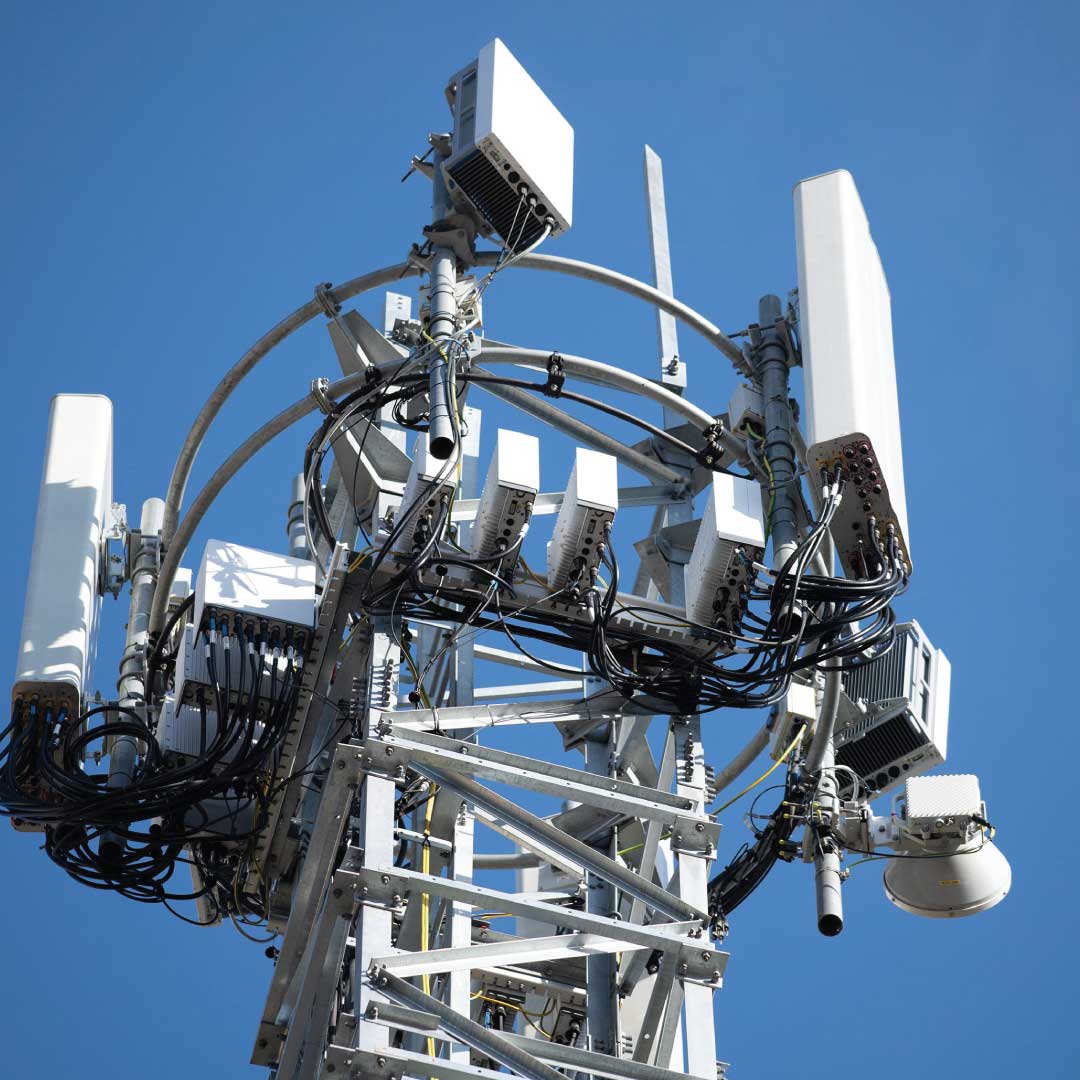Kenya Power, the state-owned company that operates most of the electricity transmission and distribution system in Kenya has affirmed that it will begin offering fixed broadband internet services by June 2023
According to Report, the State-owned power utility has been testing fixed internet access for a select group of its corporate customers for the past few months, putting it in direct competition with telcos and igniting new price hikes in the contest for a share of the market.
Most people may be baffled by the company’s decision to enter the internet business, but it makes sense to some degree. Getting started is not difficult because the company has all of the necessary infrastructures in place across the country.
Kenya Power Next Move
This change occurs at a time when Kenya Power is struggling with lowering power tariffs, which will have a negative impact on the utility’s earnings.
In January, the government decreased power tariffs by 15 percent in an effort to ease the financial burden of electricity bills on households and businesses. It is estimated that this reduction will leave gaps in the account of the company equal to twenty-six billion Kenyan shillings (Sh26 billion).
Read Also : Eskom’s producing capacity decreases, threatening corrective measures
A year earlier, Kenya Power had reported a net income of Sh138 million, but in the six months leading up to December of last year, the company reported a net income of Sh3.8 billion. The 15 percent reduction in tariffs will have a negative impact on the full-year performance for the period that just finished last month.
When Kenya Power enters the fixed internet market, it will shake up the internet service providers (ISPs) that have been selling data via the Kenya Power network. This will give the energy distributor an advantage in the competition to serve rural Kenya.
Kenya Power believes that the revenue it would get from selling data to its corporate clients will allow it to diversify its revenues and assist it in addressing the issues that are being faced by the energy division.
When compared to the current model, which consists of the power utility leasing fiber-optic cables attached to its transmission lines to internet service providers (ISPs), entry into the fixed internet market will be an improvement.
Geoffrey Muli, who is acting as Kenya Power’s managing director, said that the company will launch the service before the end of the current budgetary year. This will put Kenya Power in competition with market leader Safaricom, Wananchi-owned Zuku, and
“Our plan is to launch our Lit Fibre business in the course of this financial year,” Muli said.
What Kenya Power to Expect
As soon as Kenya Power is up and running, it will be taking on Internet Service Providers like Safaricom, which currently holds a market share of 37% when it comes to fixed internet services. Wananchi comes in second with 29.2 percent, according to data from the Communications Authority of Kenya, as reported by Business Daily (CA).
Thus, Kenya Power will compete against established industry players like Safaricom, Wananchi, Jamii Telecoms, and other ISPs.
Kenya’s fixed internet market, according to the Communication Authority, is largely untapped, and Kenya Power believes it has an opportunity to grow its revenue in this area.
Kenya Internet Service Provision
There has been a dramatic increase in internet service demand over the last two years as people have turned to remote working and online education as a means of curbing the spread of Covid-19 pandemics.
According to the CA, the fixed internet sector is mostly unexplored, which provides telecommunications companies and Kenya Power with the potential to increase profits.
Observations
Internet service providers have been leasing fiber-optic connections that are connected to the transmission lines owned and operated by the state-owned utility company. According to Business Daily, in 2010, Kenya Power signed a leasing arrangement with Safaricom for the use of a pair of fiber cables that was valued at Sh421 million ($3.6 million). The agreement was for a duration of 20 years.
Furthermore, It also made agreements with the telecommunications companies Wananchi Group and Jamii Telecoms, wherein both companies signed leases for a period of five years with a total value of Sh403 million.
The corporation also has plans to begin providing internet service directly to houses, particularly those residences located in more remote sections of the country.




